Search
Remove Ads
Advertisement
Summary 
Loading AI-generated summary based on World History Encyclopedia articles ...
Search Results
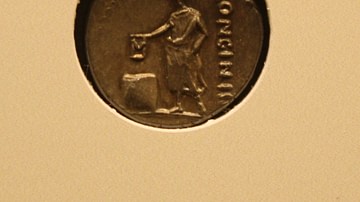
Definition
Tribune
Tribune was a title of various offices in ancient Rome, the two most important of which were the tribuni plebis and tribuni militum. The military tribunes were responsible for many administrative and logistics duties, and could lead a section...

Definition
Roman Constitution
Roman constitution was an accumulation of laws, legal decisions, and ancient customs. While today 'constitution' usually refers to a single act of legislation, this was not the case in ancient Rome. Instead, Roman government relied on the...
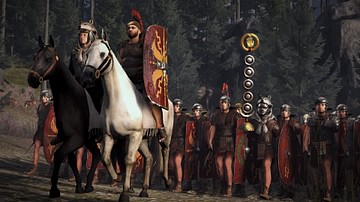
Article
Officers of the Roman Army
With the appearance of the legionary, the Roman army was able to maintain a vast empire that totally embraced the Mediterranean Sea. Although the success of the army rested on the backs of the foot-soldiers and cavalry, there were others...
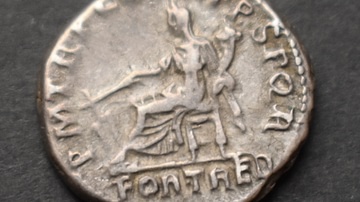
Article
Authority in Ancient Rome: Auctoritas, Potestas, Imperium, and the Paterfamilias
Authority in ancient Rome was complex, and as one can expect from Rome, full of tradition, myth, and awareness of their own storied history. Perhaps the ultimate authority was imperium, the power to command the Roman army. Potestas was legal...
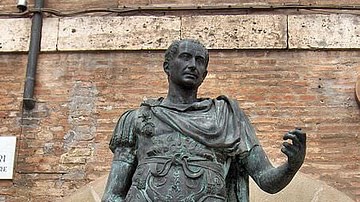
Definition
Aedile
The aedile was an official of the Roman Republic who maintained Roman roads, supervised the grain and water supply, and provided the city's citizens with games among other duties. Initially, they were plebeian and elected annually by the...
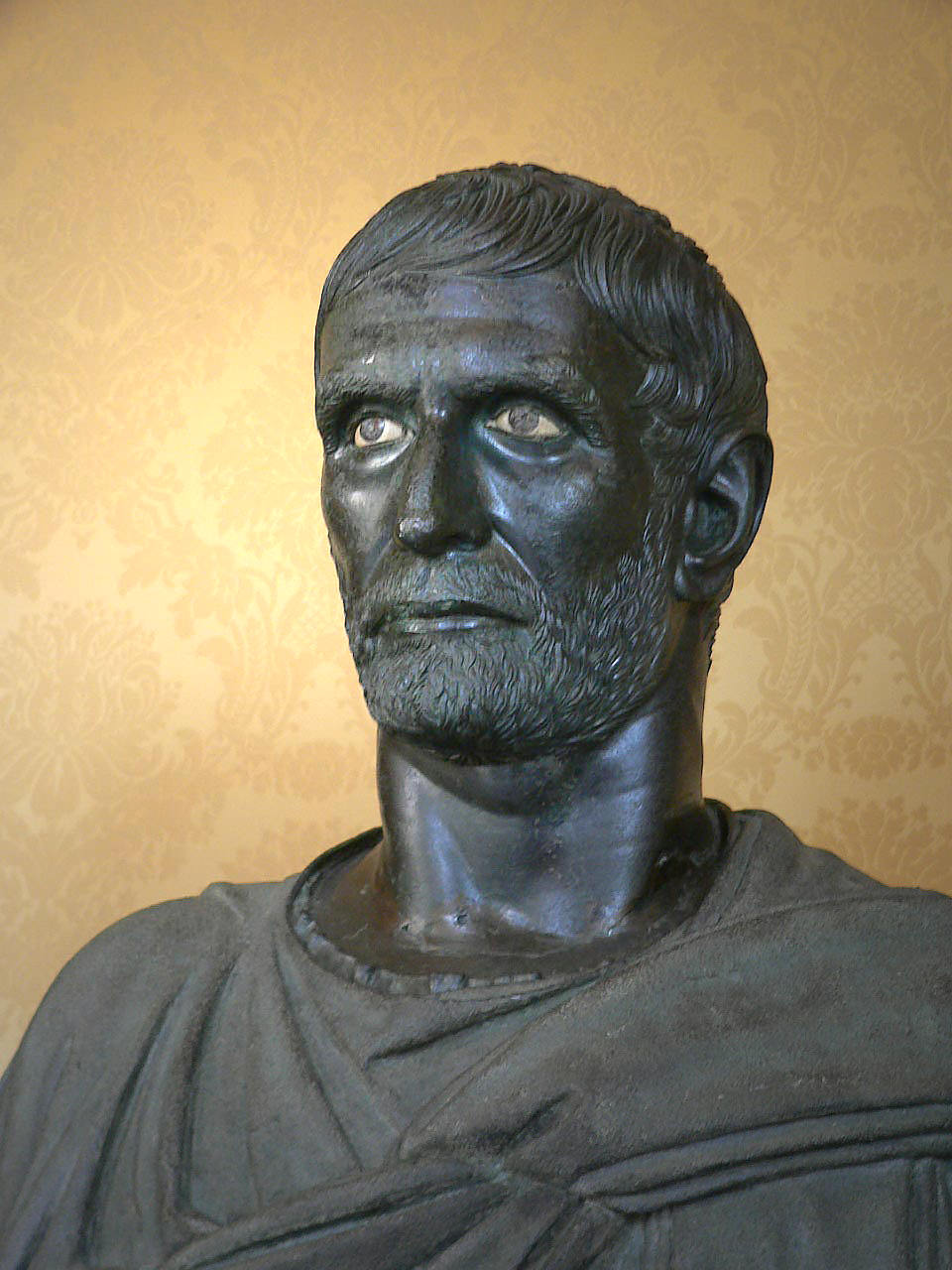
Definition
Patrician
The 4th century BCE Greek philosopher Aristotle once wrote in his essay Politics, “If liberty and equality…are chiefly to be found in democracy, they will be best attained when all persons alike share in the government to the utmost.” Regrettably...
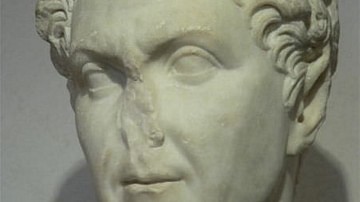
Article
Sulla's Reforms as Dictator
Lucius Cornelius Sulla (l. 138 - 78 BCE) enacted his constitutional reforms (81 BCE) as dictator to strengthen the Roman Senate's power. Sulla was born in a very turbulent era of Rome's history, which has often been described as the beginning...
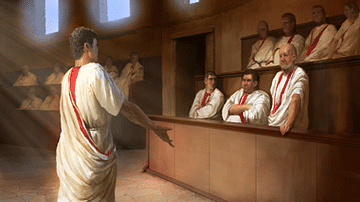
Definition
Twelve Tables
The Twelve Tables (aka Law of the Twelve Tables) was a set of laws inscribed on 12 bronze tablets created in ancient Rome in 451 and 450 BCE. They were the beginning of a new approach to laws which were now passed by government and written...
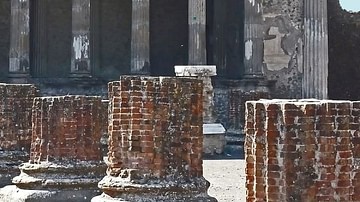
Definition
Roman Law
Roman laws covered all facets of daily life. They were concerned with crime and punishment, land and property ownership, commerce, the maritime and agricultural industries, citizenship, sexuality and prostitution, slavery and manumission...
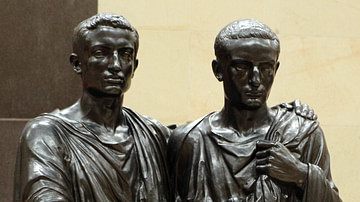
Definition
Gracchi Brothers
Tiberius Sempronius Gracchus (c. 163-133 BCE) and his younger brother Gaius (c. 154-121 BCE) were tribunes of the plebs in the Roman Republic. Serving in 133 BCE, Tiberius introduced a land reform but was beaten to death after his term. Eleven...